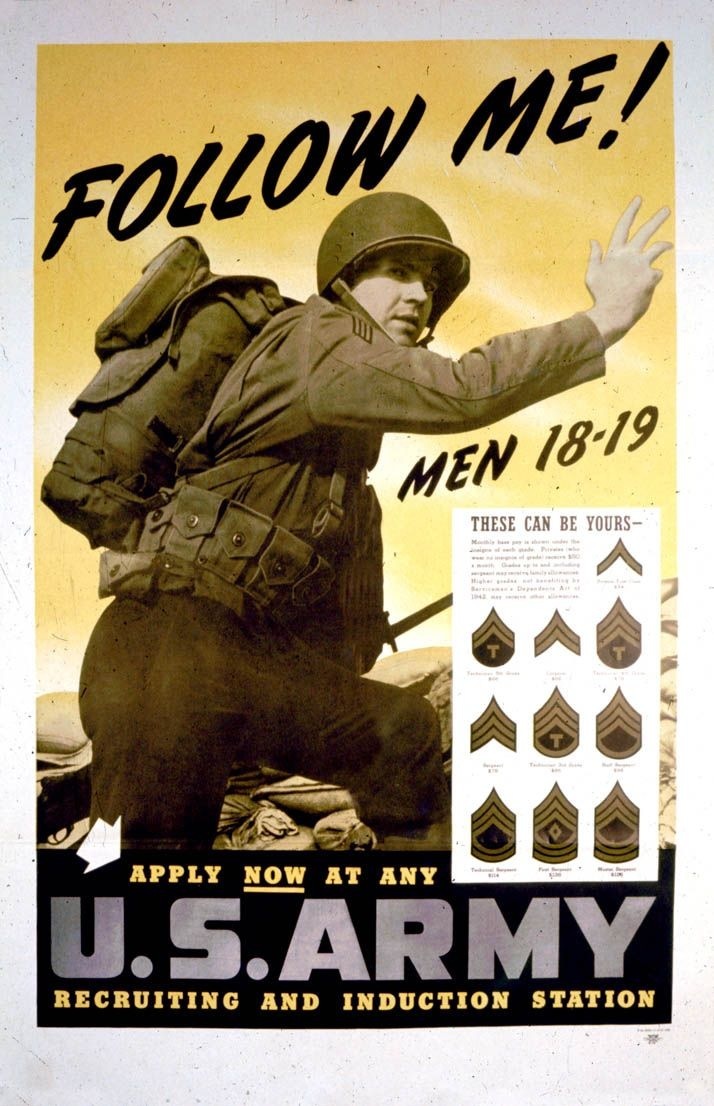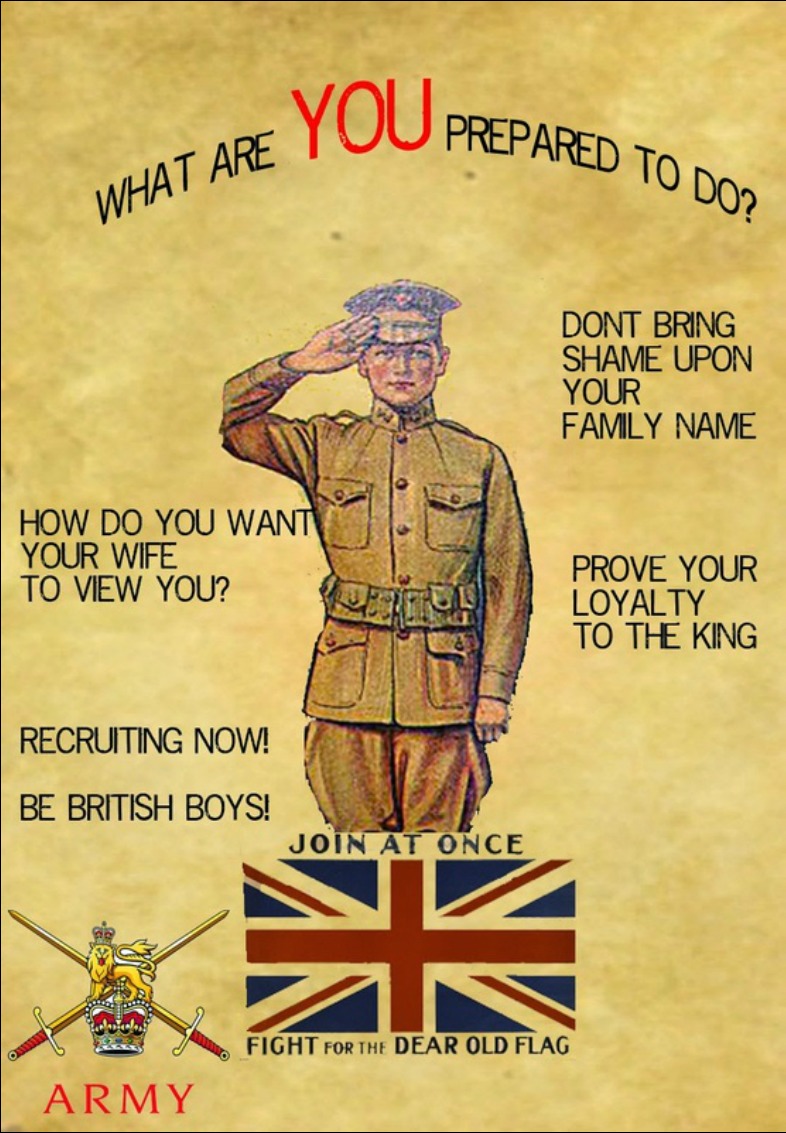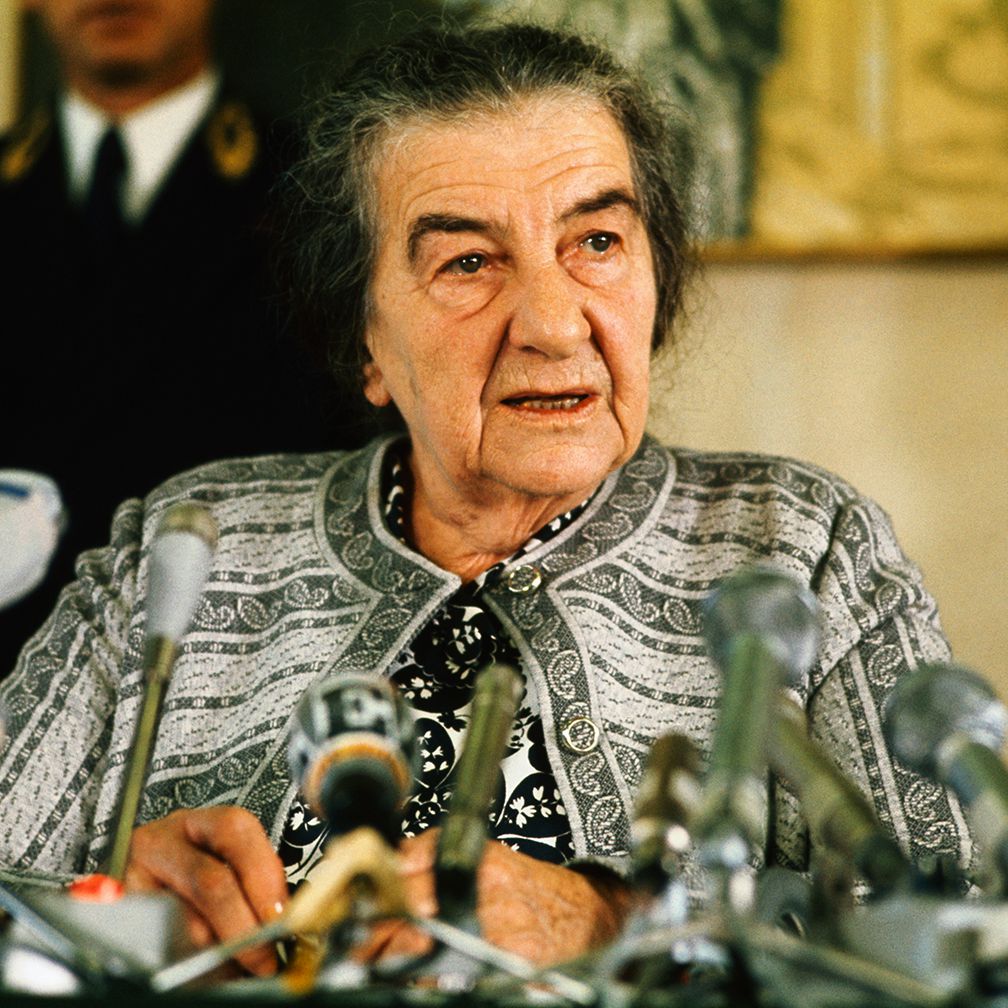Are You Booing or Cheering for Your CEO?

Dateline: Summer 1941.
The troops weren’t happy with the country’s leadership.
A lot of hyperbole had been generated during the previous two years about the Nazi threat to the United States. Because of America’s general isolationist attitude, a consequence of post-World War One, there had been significant resistance to assisting Great Britain, despite Prime Minister Winston Churchill’s valiant efforts to secure the country’s commitment. President Roosevelt, although understanding the situation in Europe, waffled.
By mid-1941 morale among U.S. troops had reached a new low. Soldiers spoke of going absent without leave (AWOL) or even mutinying against the leadership. When soldiers watched newsreels where President Roosevelt and General George Marshall appeared they actually booed. Such was the frustration among enlisted soldiers, many of whom had been drafted.
Back in their home towns, their friends were earning six to seven times as much working in factories producing material for the war effort. Meanwhile, soldiers were kept busy peeling potatoes, digging latrines and doing endless drills, with the ostensible goal of preparing for war.
Public opinion polls revealed that Americans were conflicted on whether their country should enter the war. One Gallup survey found that about three quarters of the respondents said they favoured going to war if it meant defeating the Axis (Germany, Japan and Italy), and 80% stated they believed that the U.S. would eventually go to war. However, the same percentage replied no when asked if the country should enter war now.
And then there was the hot-button topic of conscription, whose legislation was passed by Congress in September 1940. Although draftees were limited to a 12 month tour of duty, the imminent loss of 70% of 1.4 million soldiers by fall 1941 prompted the use of an escape clause allowing tours to be extended in the case of national interest.

While recounting this story may want to make some of you yawn, please don’t.
At least not yet if you care about those who serve your country and, in a non-military context, how leadership is practiced regardless of situation.
At the core of this issue is one simple word: PURPOSE.
It’s what drives the human condition, what motivates us to get up in the morning and what, in certain circumstances, propels some individuals to risk their lives for others.
Looking back at the young men in 1941, they clearly lacked a sense of purpose. America at the time was torn between two opposing philosophies: isolationism (strongly advocated by America First Committee) versus actively supporting Great Britain to confront the Nazi threat.
Bring this into a modern globalization, non-military context (putting aside ongoing geo-political tensions) and you have a recipe for frustrated and confused employees who are desperately trying to decipher what is going on in their organizations. Or if you work in a public service or not-for-profit organization, you’re equally trying to read the tea leaves to figure out what’s going on. Some questions you may have include:
• Where is my organization going?
• What are its priorities?
• What are its core values?
• Where do I fit in?
• What is my role?
• How do I add value?
History is an exceptionally good teacher. Yet human beings have a propensity to keep repeating the same mistakes, time and time again.
The young men and women who valiantly served their countries–America, Canada, Great Britain, Australia–over seven decades ago offer poignant leadership lessons. We shouldn’t have to reinvent them.
It’s about clarity of purpose, contribution, and how to bring out the best from each individual. This is the core responsibility of those who lead organizations: public, private, and not-for-profit.
Take some time to reflect on this.
Read a history book.
Courage is what it takes to stand up and speak; courage is also what it takes to sit down and listen.
– Winston Churchill
Articles from Jim Taggart
View blog
The leadership field—and its cousin management—has an over abundance of information, from books, per ...

Date Line: 1994, · Forbes Magazine · THE NEW POST-HEROIC LEADERSHIP ”Ninety-five percent of American ...

I am your servant. I do not come to you as a leader, as one above others. · When you read these word ...
Related professionals
You may be interested in these jobs
-
automobile mechanic
Found in: Talent CA 2 C2 - 15 hours ago
Garage Azores Inc. Montreal, CanadaEducation: · Expérience: · Education · Other trades certificate or diploma · Tasks · Inspect motor in operation, road test motor vehicles and test automotive systems and components · Adjust, repair or replace parts and components of automotive systems · Test and adjust repaired ...
-
Work Health and Safety Specialist
Found in: Talent CA C2 - 2 days ago
Australian Government Department of Defence Duntroon, Canada· The Role · The role of APS 6 WHS Specialist at the Land Combat College provides important WHS subject matter expertise and policy advice to the Senior Army commanders and staff officers who reside in the organisation. There is also a technical relationship with APS 5 level WH ...
-
Chef d'équipe, sous-structures
Found in: Talent CA C2 - 1 day ago
Fourgons TRANSIT Truck Bodies Laval, Canada Équipe Soudure Statut Permanent Quart de travail Jour Horaire Temps pleinCe qui vous est offert · Entreprise familiale fondée en 1978. · Emploi permanent dans une entreprise en forte croissance. · Stabilité d'emploi à l'année (40 heures par semaine) et possibilité de faire du temps supplémentaire (plus boni). · Facilement accessible en transport en c ...



Comments
John Rylance
4 years ago #1